This article was co-authored by Carrie Noriega, MD. Dr. Noriega is a Board Certified Obstetrician & Gynecologist and medical writer in Colorado. She specializes in women’s health, rheumatology, pulmonology, infectious disease, and gastroenterology. She received her MD from the Creighton School of Medicine in Omaha, Nebraska and completed her residency at the University of Missouri - Kansas City in 2005.
There are 11 references cited in this article, which can be found at the bottom of the page.
wikiHow marks an article as reader-approved once it receives enough positive feedback. In this case, 92% of readers who voted found the article helpful, earning it our reader-approved status.
This article has been viewed 53,583 times.
Women may develop two types of ovarian cysts: functional or complex. A functional ovarian cyst occurs around ovulation and may swell with fluid. A complex cyst has solid areas inside it, or it can contain bumps or have several fluid-filled areas. Both functional and complex cysts can rupture. If you have a ruptured cyst, learn how to treat it to reduce discomfort and avoid complications.
Steps
Treating a Functional Ruptured Ovarian Cyst
-
1Take pain medication. If the ruptured cyst is functional cyst, that means it can be treated at home. Your doctor might suggest that you take over-the-counter pain meds to help alleviate the pain.[1]
- If your doctor suggests this, you can take NSAIDs, such as ibuprofen or Aleve, or acetaminophen, like Tylenol.
-
2Treat the pain with heat. If you are treating the ruptured cyst at home, use heat. You can use a hot water bottle or a heating pad to relieve pain on your abdomen and lower back. You may also consider soaking in a hot bath.[2]
- Make sure to use caution when using heat against your skin. Always put a towel or cloth between the source of heat and your skin to protect from burning.
Advertisement -
3Drink herbal tea. Herbal teas don’t specifically treat the ruptured cyst, but they can help with pain. Many herbal teas can help loosen tense, aching muscles.
- Try chamomile, mint, raspberry, or blackberry teas.
- These teas also have a boosting effect for anxious moods.
-
4Rest. If you have pain from a ruptured cyst, take it easy for a few days. Try not to do more than is necessary, and if the pain is too bad, consider staying home from work or school. Limit physical activity, such as strenuous exercise.[3]
- You should also limit sexual activity until your pain has subsided.
Treating a Complex Ruptured Ovarian Cyst
-
1Take a prescription medication. If your ruptured cyst is complex, that means it’s more severe and should be treated medically. Depending on the severity of the pain, your doctor might prescribe a pain medication for you. This can include an oral analgesic.[4]
- Your doctor may suggest oral acetaminophen or morphine sulfate, or another similar medication.
-
2Get IV treatments at the hospital. If your symptoms are severe enough, your doctor may admit you to the hospital. In the hospital, you may be administered pain medication for the abdominal pain via an IV.[5]
- If your bleeding is severe, the doctor may give you fluids or blood through an IV.
-
3Get a laparoscopy. Small complex cysts can be removed from a laparoscopy. In a laparoscopy, the surgeon will make a small cut on your belly where a microscope is inserted. He then will remove the cyst through cuts in your skin.[6]
- The cuts will be stitched up afterwards. Your doctor will give you instructions on how to care for the stitches.
- This procedure involves less pain and a quicker recovery time. Usually, women can go home that same day or the next.
-
4Undergo a laparotomy. For more severe complex cysts, your doctor may suggest a laparotomy. A laparotomy is used if the cyst is large or potentially cancerous. A larger cut is made to the belly during this procedure, and the entire cyst or the ovary may be removed.[7]
- This procedure may require a few days in the hospital.
- The cut is then either stitched or stapled together. Your doctor will provide care instructions for your stitches or staples.
- After the surgery, your doctor may order imaging tests to check that the bleeding in the ruptured cyst has stopped.
- The doctor sends the cyst or ovary to a lab to check for cancer. If the cyst is cancerous, your doctor will call you in to discuss a cancer treatment plan.
-
5Suppress ovulation to prevent recurring cysts. If you have had recurring ruptured cysts, your doctor may devise a treatment that helps reduce the recurrence of future cysts. This may be suggested after a severe ruptured cyst or after multiple ruptured cysts.[8]
- This treatment commonly involves oral contraceptives to suppress ovulation.
-
6Watch cysts that have not ruptured. If you have multiple cysts, your doctor may advise close monitoring of your other cysts. This means you will need to be aware of symptoms of a ruptured cyst.[9]
Recognizing Symptoms of a Ruptured Ovarian Cyst
-
1Monitor for pain in the abdomen or pelvis. One of the main symptoms of a ruptured ovarian cyst is acute pain in the abdomen, especially in the lower belly and pelvic area. This pain may be triggered by strenuous exercise or sexual intercourse.[10]
- The pain may extend into your lower back and into your thighs.
- Pelvic pain may occur around your period.
-
2Look for bleeding. Bleeding might occur if you have a ruptured ovarian cyst. This bleeding will happen outside of your monthly cycle. You may also experience heavy periods, irregular periods, or lighter periods.[11]
- If you experience any abnormal bleeding, you should go see your doctor immediately.
-
3Check for nausea. Stomach issues may accompany a ruptured cyst. You may feel nauseated or vomit. This nausea and vomiting may be accompanied with pain or discomfort. You may also feel weaker than usual.[12]
- If you feel pain and then start vomiting, you should see a doctor.
-
4Watch for changes in urinating or bowel movements. A ruptured ovarian cyst may cause a disruption to your normal excretory functions. This includes an increased need to urinate, or difficulty emptying your bladder or your bowels.[13]
- You may also feel bloated or swollen in your belly. You may also feel full after not eating much.
Diagnosing a Ruptured Ovarian Cyst
-
1Go to your doctor or the emergency room. If your symptoms are severe, you should go to the doctor or the emergency room immediately. Severe symptoms include experiencing a lot of vaginal bleeding, feeling severe lower abdominal, pelvic, or lower back pain, or vomiting.[14]
- The loss of blood may cause negative side effects, so it’s important to get a severe ruptured cyst treated right away.
-
2Get a physical exam. When you go to the doctor with symptoms of a ruptured cyst, she will do a physical exam. This exam will include a pelvic exam, where she tests for existing cysts and ruptured cysts.[15]
- You will have to provide a medical history for your doctor, along with symptoms.
- If you have known ovarian cysts, make sure to tell your doctor.
-
3Test for a ruptured cyst. If your doctor suspects you may have a ruptured cyst, she will perform a series of tests to check. She will check if you are pregnant to make sure the pregnancy didn’t cause the cyst.[16]
- A blood test, urine test, and vaginal culture may be completed to check for other causes of the pain and infection.
- An ultrasound or CT scan may be done to check for cysts.[17]
References
- ↑ http://emedicine.medscape.com/article/253620-medication
- ↑ http://www.uofmhealth.org/health-library/hw181644
- ↑ https://www.hopkinsmedicine.org/health/treatment-tests-and-therapies/management-of-ruptured-ovarian-cyst
- ↑ https://emedicine.medscape.com/article/255865-medication/
- ↑ https://www.hopkinsmedicine.org/health/treatment-tests-and-therapies/management-of-ruptured-ovarian-cyst
- ↑ http://www.nhs.uk/Conditions/Ovarian-cyst/Pages/Treatment.aspx
- ↑ http://www.nhs.uk/Conditions/Ovarian-cyst/Pages/Treatment.aspx
- ↑ https://my.clevelandclinic.org/health/diseases/9133-ovarian-cysts
- ↑ http://www.nhs.uk/Conditions/Ovarian-cyst/Pages/Treatment.aspx
- ↑ https://emedicine.medscape.com/article/253620-overview
- ↑ https://www.womenshealth.gov/a-z-topics/ovarian-cysts
- ↑ https://www.womenshealth.gov/a-z-topics/ovarian-cysts
- ↑ http://www.nhs.uk/conditions/ovarian-cyst/Pages/Introduction.aspx
- ↑ https://www.womenshealth.gov/a-z-topics/ovarian-cysts
- ↑ https://www.womenshealth.gov/a-z-topics/ovarian-cysts
- ↑ https://www.womenshealth.gov/a-z-topics/ovarian-cysts
- ↑ http://emedicine.medscape.com/article/253620-workup#c8
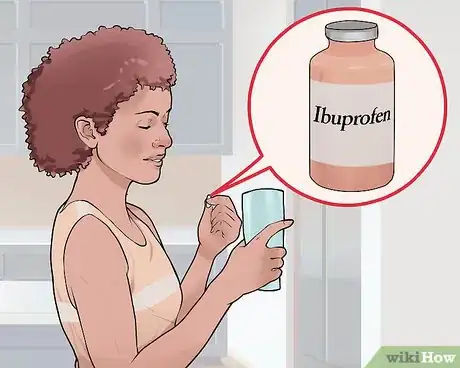
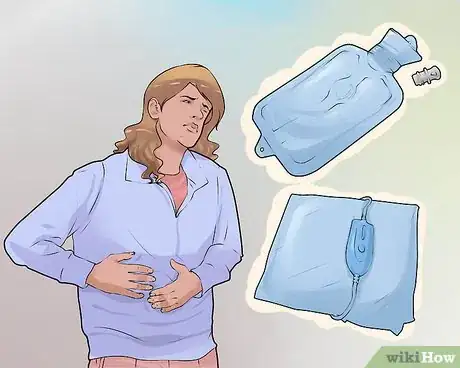
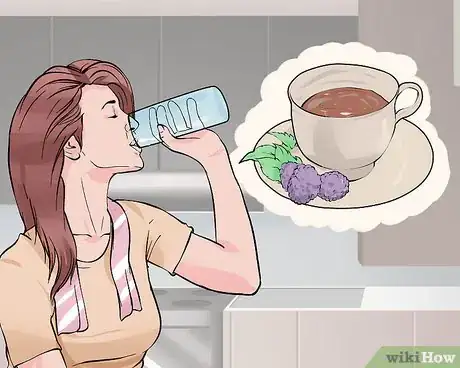
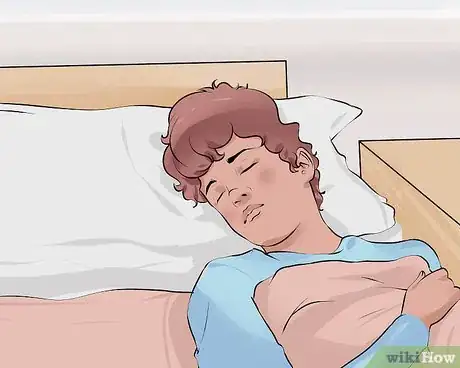
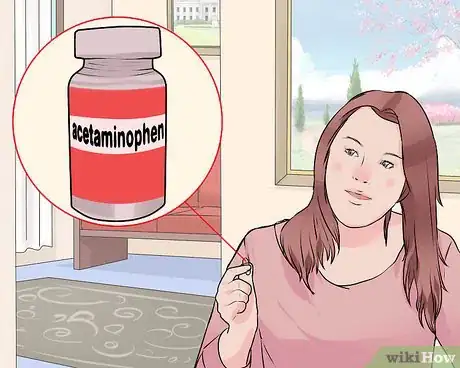
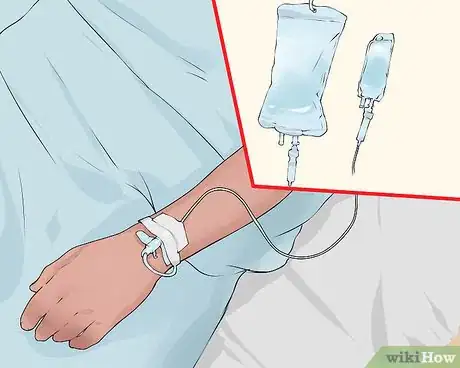
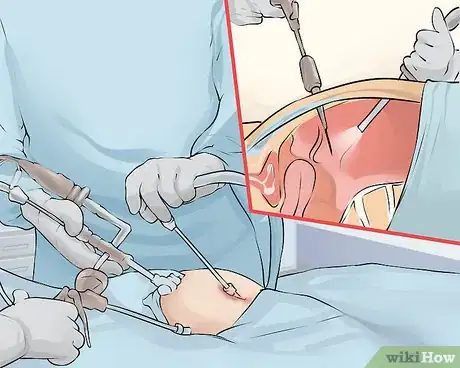
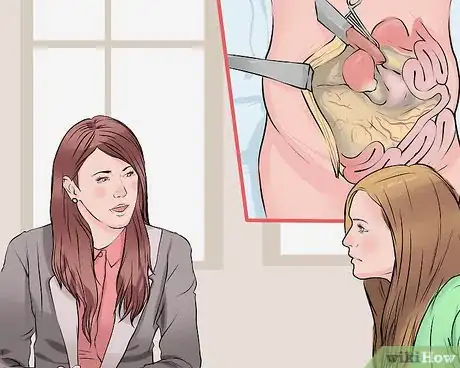
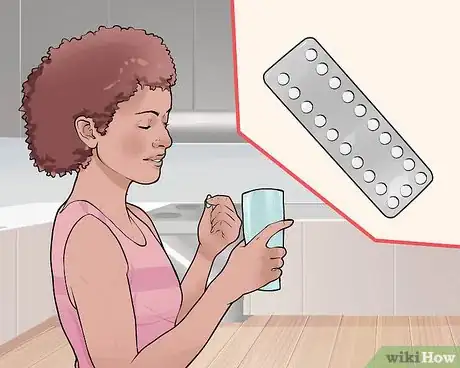
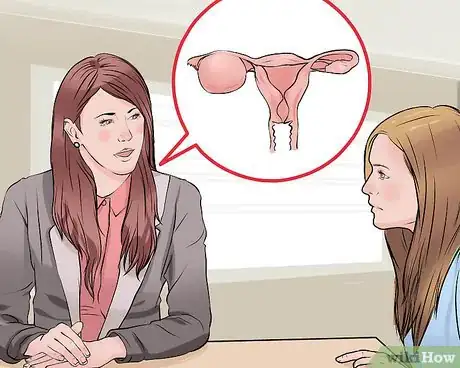
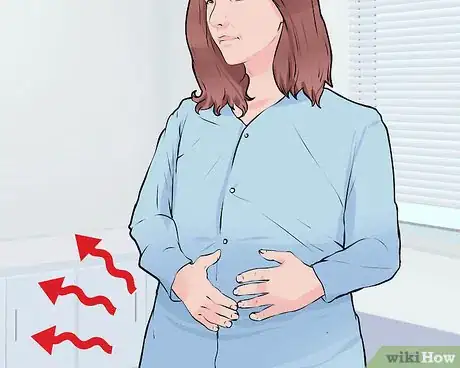
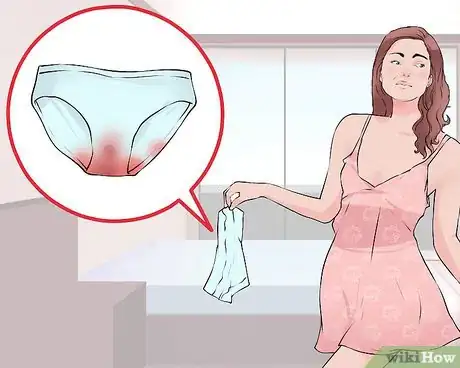
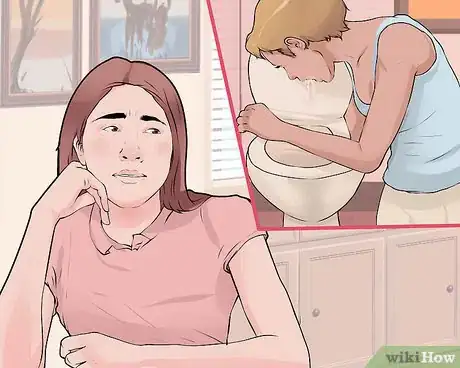
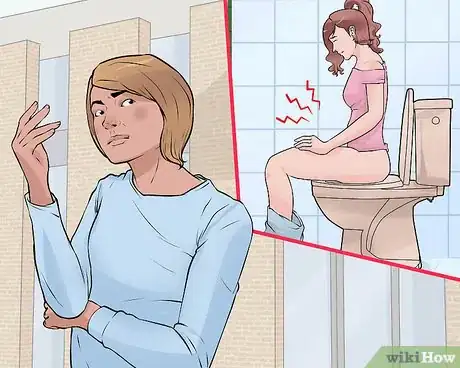
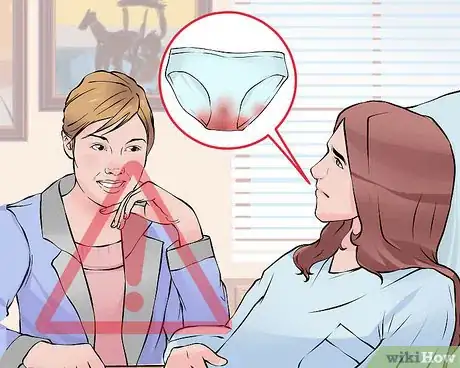
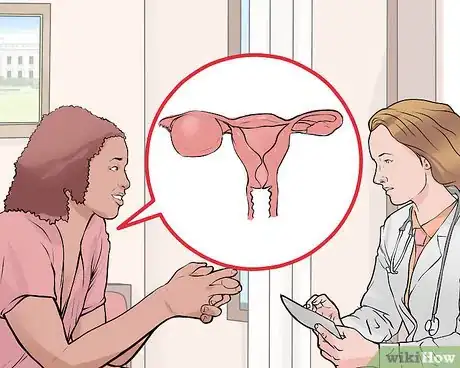
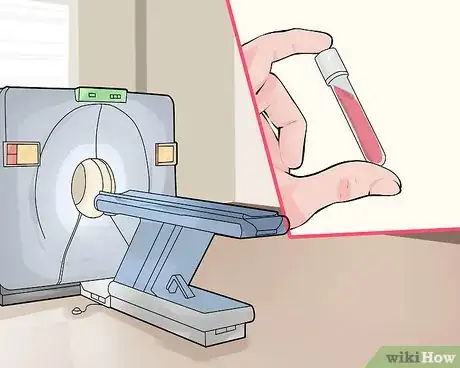

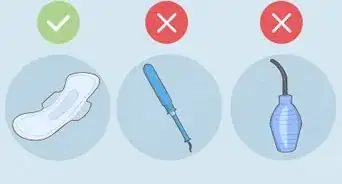




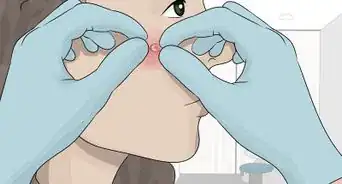
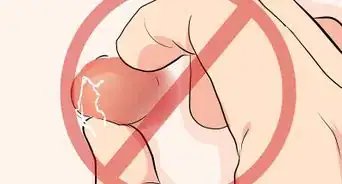

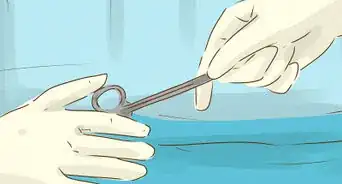
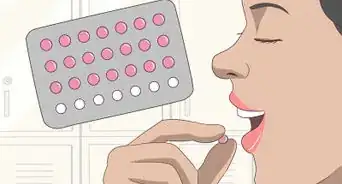
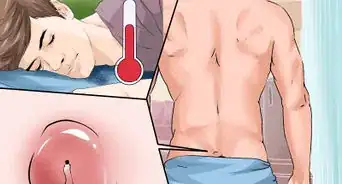

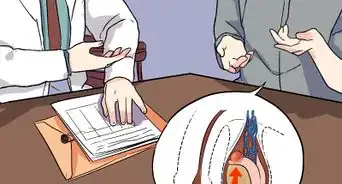










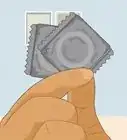
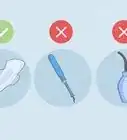

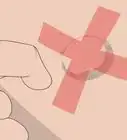



































Medical Disclaimer
The content of this article is not intended to be a substitute for professional medical advice, examination, diagnosis, or treatment. You should always contact your doctor or other qualified healthcare professional before starting, changing, or stopping any kind of health treatment.
Read More...